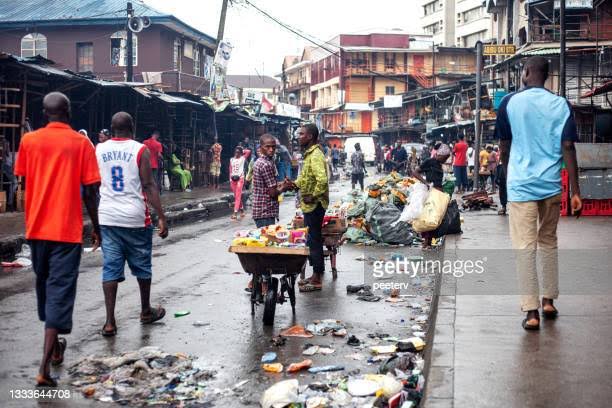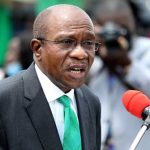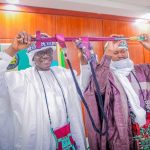The plan by President Bola Ahmed Tinubu’s administration to make available N8,000 monthly to over 12 million households has continued to elicit reactions from Nigerians.
A cross-section of Nigerians have questioned the wisdom in the Federal Government doling out cash as they say that the process is not sustainable in the long run.
According to them, past experiences of cash transfers by the government failed to yield the intended result.
Founder of N.E.W Foundation, Dr. Kelechukwu Okezie, insisted that N8000 to 12 million Nigerians monthly to cushion the fuel petroleum subsidy removal is not the best way to go.
Okezie told journalists that the government should invest in massive food production considering the country’s high inflation rate.
Data by the National Bureau of Statistics (NBS) states that food inflation for the month of May rose to 24.82% on a year-on-year basis, 5.33% higher than May 2022 (19.50%).
He said, “Over 140 million Nigerians are within the poverty net and N8,000 is like a drop in the ocean. Let the government invest in food subsidies because the cost of food has gone high.
“Tinubu should create a consumer welfare board that monitors the cost of food and supports farmers with that sum. It will help have a ripple effect to support families.
“Again, remove all forms of fees in schools, criminalize collection of any form of levy in schools and this will help solve the stress parents are going through.
“We have beggars on the streets, we have out of school children scavenging in the streets, these groups of Nigerians should be captured and given the support through accredited religious centres if we must ensure transparency and accountability.”
Similarly, writing on his verified twitter handle, social activist, Reno Omokri, while commending the federal government for the move, said the monthly payment should be on the condition that “children in recipient families must attend school and have their payment vouchers signed by the principal/headmaster of their school to prove that they attended school throughout that month; failure of which they will not be paid.
“That way, Nigeria will reduce her current population of 20 million out-of-school children. And it will have an immediate impact on our economy, as educated children tend to be healthier, less likely to engage in terrorism and criminality, and also less likely to be teenage parents.
“Furthermore, as a nation, we should not only give fish to people experiencing poverty. We should also teach willing Nigerians how to fish.
“I, therefore, recommend to the President that he may want to provide free training and business grants (not loans, but grants) to at least half a million Nigerian youths to enable them to start up verifiable small and medium-scale enterprises.
“Nigeria’s situation is similar to that of the United States of the 1930s, and this was how President FDR Roosevelt empowered Americans through the New Deal.
“In that way, the President will help Nigerian youths to help themselves as well as to help Nigeria.
Legal Practitioner, Alex Uriri Esq, questioned the process that will be used to select the 12 million recipients of the cash transfers.
He said, “And how are the due beneficial recipients going to be responsibly and equitably selected? Please who knows of any or how many Isokos benefited from the Trader Money largesse? Same for the School feeding programme when students were locked down for months due to Covid-19 pandemic?”
On his part, a writer, Ubara Obaro said the money was too small considering the present inflationary trends.
“12 million poor Nigerians receive 8k every month. That means receiving less than 300 hundred naira daily in an economy where 300 hundred naira cannot buy a packet of salt.
“Congratulations to the 12 million Nigerians. God don butter una bread!” he said.












